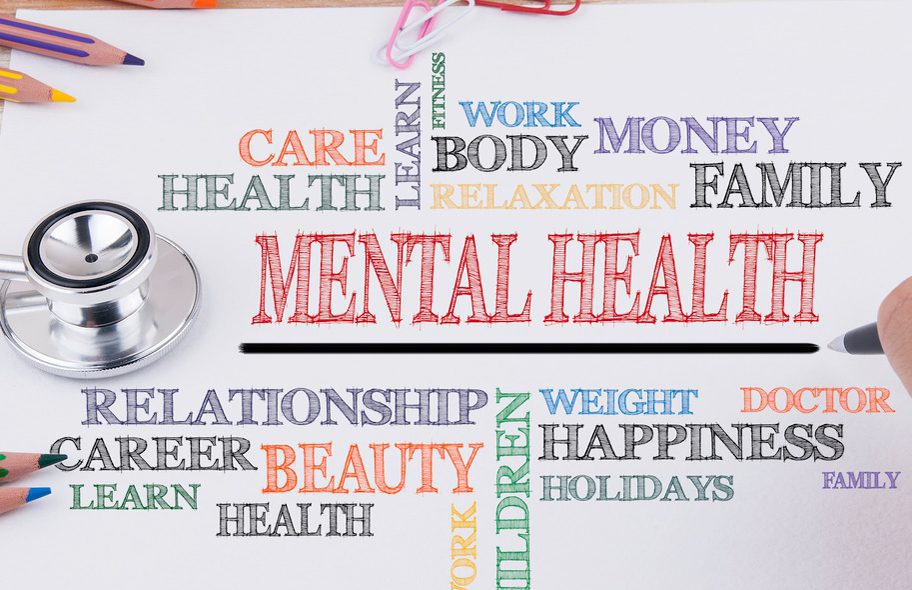Our Youth Development Worker, Kirstyn Cameron looks at ways you can help look after your child’s mental health especially during this difficult time.
This is a very difficult time for everybody. The new lockdown restrictions are having a massive impact on mental health and wellbeing.
They also come at a time when people are more likely to feel down from January blues.
Lockdown restrictions have a particularly big impact on children. They can no longer meet with their friends at school and are no longer getting the same level of education.
This can have a big impact on a child’s mental health and emotional wellbeing.
Depression is common for people with epilepsy. A diagnosis of epilepsy can be difficult to come to terms with and impact people’s mental health.
Children with epilepsy can also feel isolated from their peers and unfortunately sometimes experience bullying.
How to spot possible depression
Living with epilepsy increases the likelihood of suffering from mental health problems.
This might be caused by epilepsy itself and scarring on the brain. It could be caused by medication side effects. Or it could be the social isolation many people with epilepsy experience.
It is therefore important to be aware of this to support your child or friend who has epilepsy.
There are some signs that can help you spot possible depression in a child.
- Appearing unhappy or troubled by something
- Seeming worried, fearful or helpless
- Being quiet or withdrawn, refusing to take part in fun activities
- Having trouble concentrating
- Expressing frequent negative thoughts
- Getting poorer marks at school than expected
- Complaining of headaches or general aches and pains
- Appearing unmotivated or lethargic
- Eating problems
- Crying easily
- Displaying ager or aggressive behaviour
Supporting your child with low mood or depression
Epilepsy and the current pandemic can be tough on children and young people.
However, connecting with others who also have epilepsy can make a young person feel less alone and may help overcome isolation, low confidence and low self-esteem.
Our Youth Group service has had to adapt because of the COVID-19 outbreak but we are still providing support to young people with epilepsy through our online youth groups where we’ve managed quizzes, cooking, scavenger hunts and loads more.
If your child is aged 11-20, they are welcome to join our Glasgow or Edinburgh youth groups. As these are run online just now, these are open to young people across Scotland.
We also offer 1:1 support meetings to let a young person talk about their epilepsy and how they are feeling.
There are also some great resources for young people and depression/ mental health such as Young Minds website.
Also, some more generic mental health and wellbeing resources can be found here.
For more information and to join, please email Kirstyn Cameron at kcameron@epilepsyscotland.org.uk for our Edinburgh group or Shelby Johnston at sjohnston@epilepsyscotland.org.uk for our Glasgow group.




